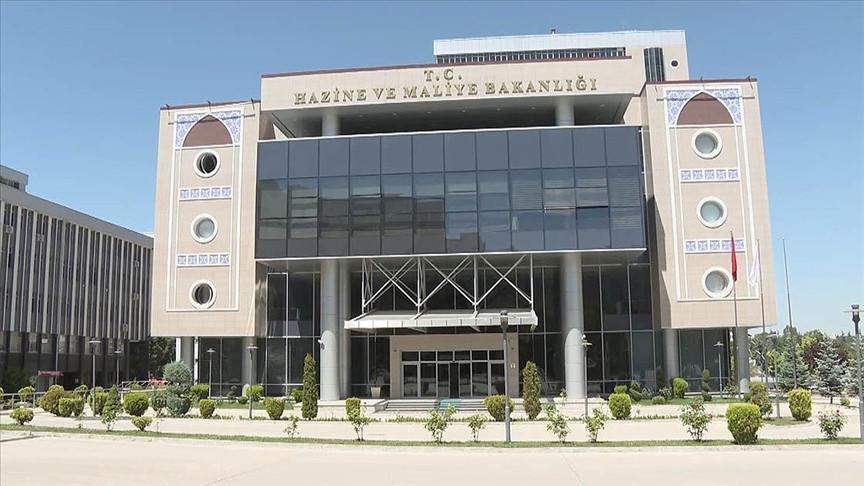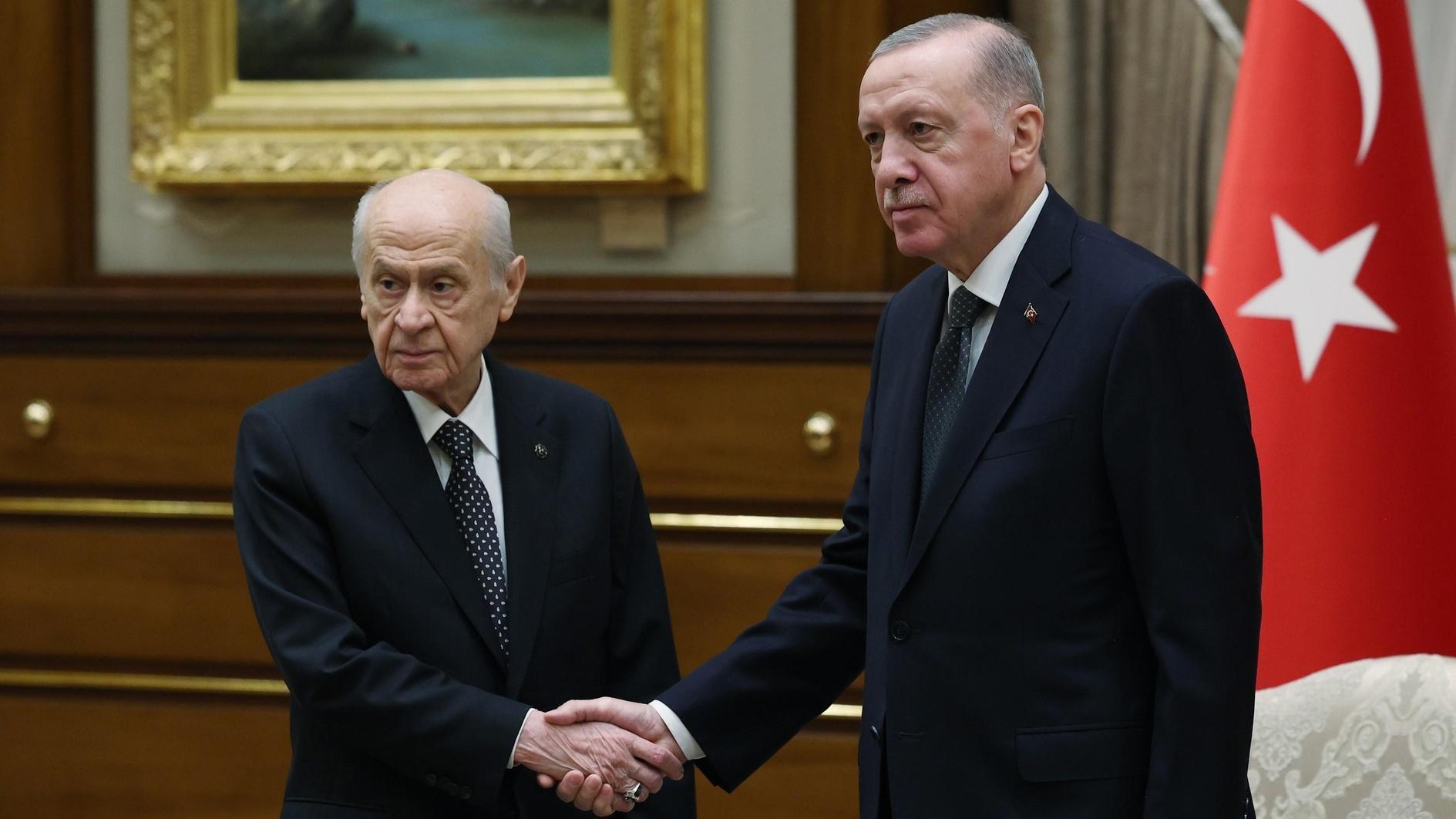Political crisis in Pakistan not easening
ISLAMABAD

Pakistani PM Gilani welcomes army’s statements that rules out coup claims. AP photo
Pakistan’s information minister offered to resign yesterday as tensions continued between the civilian government and the military over a memo alleging an army plot to seize power in May. The offer came after Pakistan’s Prime Minister Yousuf Raza Gilani welcomed a statement by army chief General Ashfaq Kayani ruling out a military takeover in the country.It was not immediately clear if Information Minister Firdos Ashiq Awan was forced to resign or if she quit voluntarily -- a move which could signal growing differences within President Asif Ali Zardari’s troubled Pakistan People’s Party. “I endorse your leadership (but) I think I am not competent enough to continue as cabinet member and hence submit my resignation,” Awan tearfully said at a televised cabinet meeting. Some analysts say Awan may have been forced to resign due to her failure to convincingly defend the government in the “memo gate” scandal, as it’s being called in Pakistan. Businessman Mansoor Ijaz, writing in a column in the Financial Times on Oct. 10, said a senior Pakistani diplomat had asked that a memo be delivered to the Pentagon with a plea for U.S. help to stave off a military coup in the days after the raid that killed al Qaeda leader Osama bin Laden in May.
Army chief General Ashfaq Kayani has ruled out the possibility of a coup and the military does not want to be seen as interfering in civilian politics, but there are still several scenarios under which Zardari could be forced out. Gilani welcomed Kayani’s statement. This statement “is extremely well taken by democratic circles in the country”, Gilani said Dec. 24 during a televised interaction with the local media in Islamabad.
Compiled from Reuters and AFP stories by the Daily News staff.
















